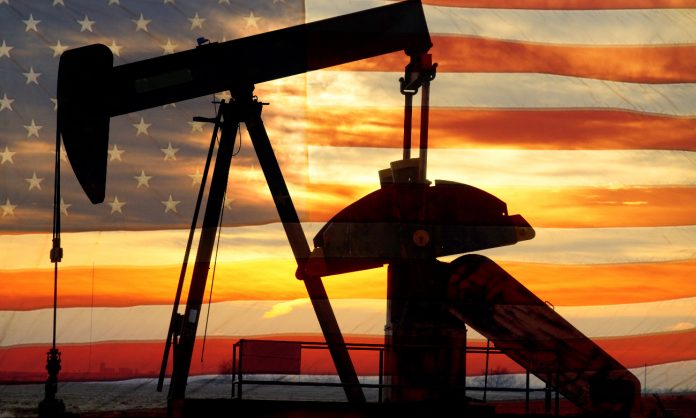The U.S. Interior Department on Monday proposed changes to federal rules that would allow energy companies to combine oil and gas output from multiple leases using a single well pad.
The change could save the industry up to $1.8 billion a year, the department said.
The proposal would ease restrictions on commingling, a practice that is currently limited by regulations requiring identical mineral ownership, royalty rates, and revenue distribution. These restrictions have created challenges in the western U.S., where ownership is often complex.
The new rule would mainly affect onshore oil and gas drilling in the western states. It would allow companies to track production more accurately and calculate royalties owed to the federal government and tribal nations for fossil fuels extracted from public and tribal lands.
Interior Secretary Doug Burgum said the existing rules were written for a different time and that the updates aim to manage resources more efficiently and ensure proper payments to taxpayers and tribes.
The proposed changes follow a directive under President Donald Trump’s tax cut law, which called on the Interior secretary to approve commingling applications.
The Western Energy Alliance has long pushed for more access to commingling. The group said delays from the Bureau of Land Management have stalled many onshore projects by not approving commingling between federal and private leases.
The U.S., now the world’s largest oil and gas producer, has continued efforts under Trump’s energy policy to reduce regulations on fossil fuel production.























